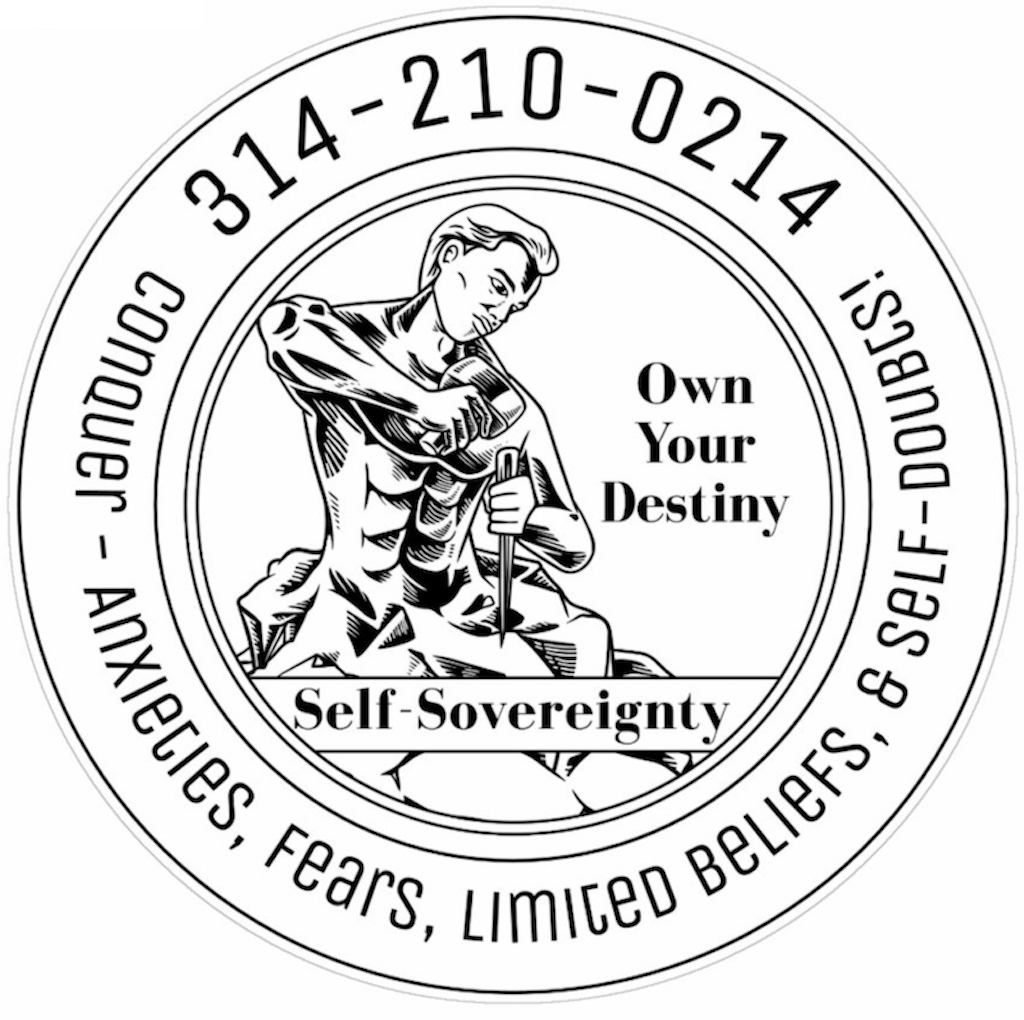
Whatever. What an interesting and misunderstood word, whatever.
I always thought the word meant “F” you! Based on prior experiences, “Whatever” seemed to always come up during a conversion, discussion or more likely than not and argument where the other individual had a very different perspective of belief then that of my own. At some point in the exchange one of us would simply state “Whatever”.
Regardless of who is first to jump to “whatever”, that simple word will usually change the whole tone of the discussion. Both participants are now at DEFCON 5 high alert or the conversation is over and both parties walk away in anger or with hurt feelings, resentment, etc.
When used or perceived in the context above, “whatever” is an exclamation response for a reluctance to discuss something, and usually implying an indifference, skepticism or exasperation. It’s often considered to be rude and impolite to use in conversation; the Urban Dictionary states “whatever” is a polite way of saying fuck you. More often than not, it may also be used in an argument to admit that you are wrong without actually admitting it so the argument is over.
But what if there was an alternative? Not necessarily an alternative to the word; but rather, an alternative to the comprehension or interpretation of the word from the receiver?
In his book “the Mastery of Self”, Don Miguel Ruiz Jr explains, “I am responsible for what I say, I am not responsible for what you hear.” If that’s true, then we must ask what drives what one hears.
As discussed in previous blogs, your beliefs run in your subconscious and are based on prior experiences and learned behaviors established during your formative years. They represent what you know, not necessarily who you are. As you gain a better insight into your true divine self you have the ability and freedom to change your beliefs, to break free from old attachments, beliefs, and ideas that no longer fit.
Ruiz explains, “You have the power inside you to break free from any domestication (learned beliefs, etc.) that you’ve experienced, becoming aware of that domestication and finding out what is true for you.”
Additionally, it’s important to understand these core beliefs can affect our perspective on how we love; conditionally or unconditionally.
With conditional love, we allow our personal beliefs and values to place judgement on others. Thus, our core beliefs may constrain our love or place undo “domestications” on those seeking our love. Whereas with unconditional love, we recognize each individual is unique, with his or her own beliefs and values. We may not agree with everything they believe, or may even have opposing perspectives, but we do not place judgment. We celebrate them with our love for their divine spirit. We understand they are on their own unique life journey.
When we learn to love unconditionally, we are more apt to lean-in to conversations and discussions with compassion and without bias, which may also lead to more insightful or meaningful dialogues.
And while this may or may not change either party’s perspective on the topic at hand, it will most certainly build a stronger and more respectful bond between both parties.
Thus, when the conversation gets to the point where both parties have expressed their thoughts and perspectives, it may be time to agree to disagree. And that message may be expressed as “Whatever”. With true unconditional love, it’s best to recognize “whatever” not as a sign of defeat or expression of anger (fuck you), but rather a marker for end of discussion, irrespective of right or wrong.
And with that, be thankful for having had an opportunity to gain a better understanding of someone, and if the exchange was meaningful perhaps even gain insight into their true divine-self.
Learn to love unconditionally, and you will be well on your way to Self-Sovereignty; to Build a Better You!
